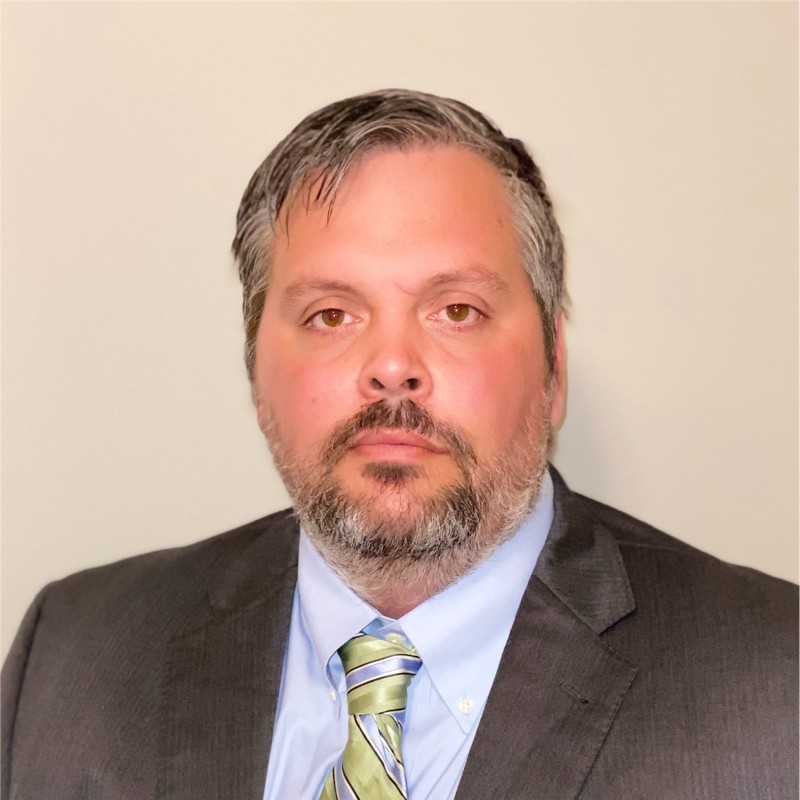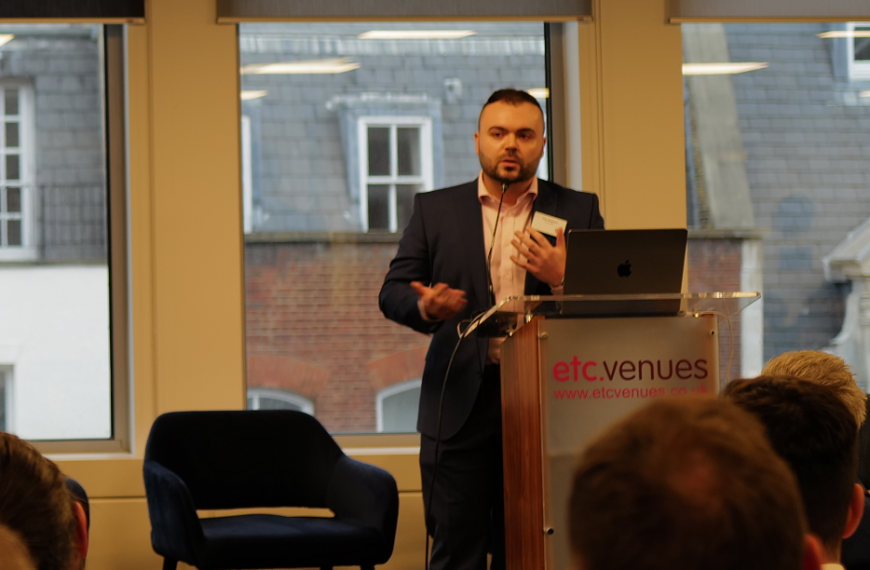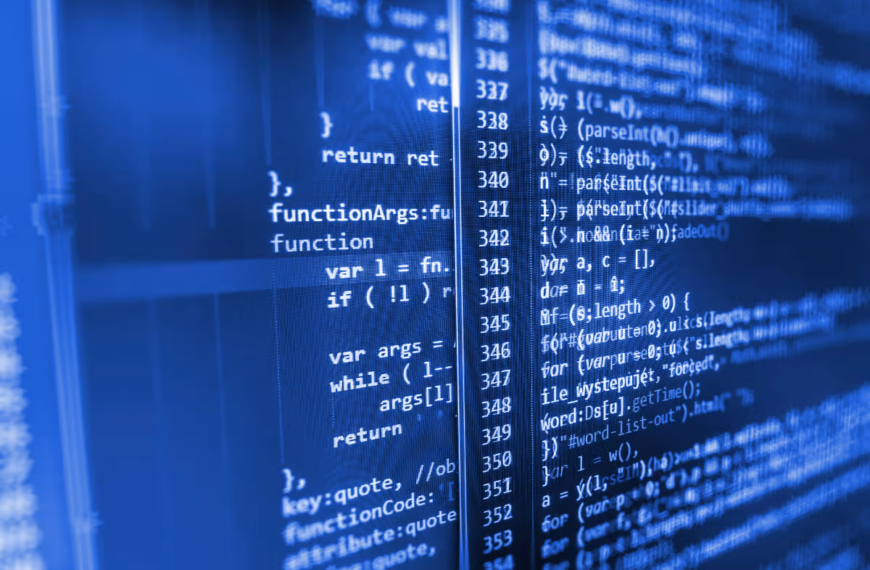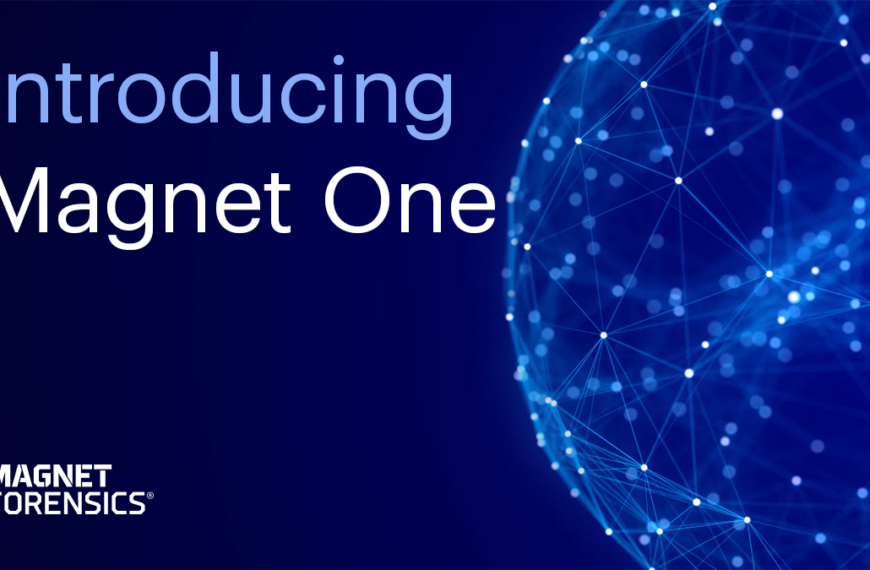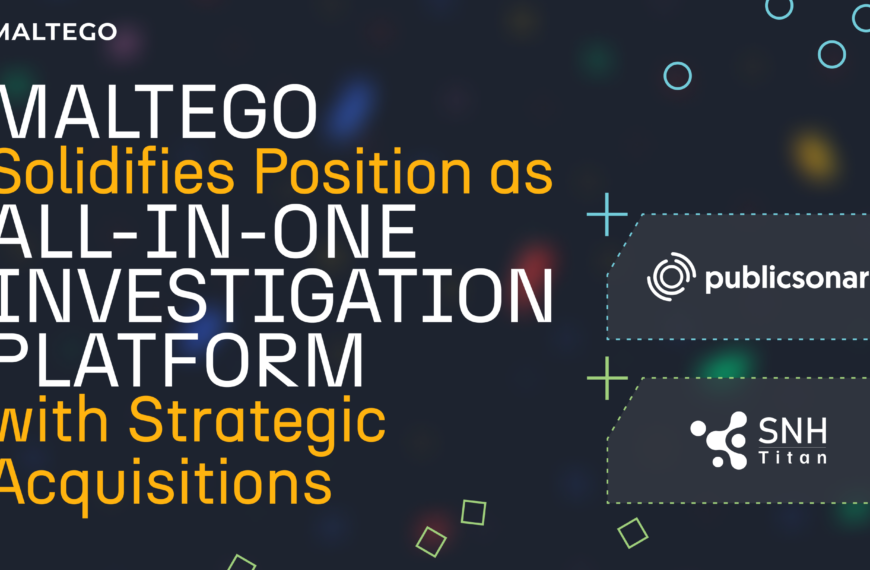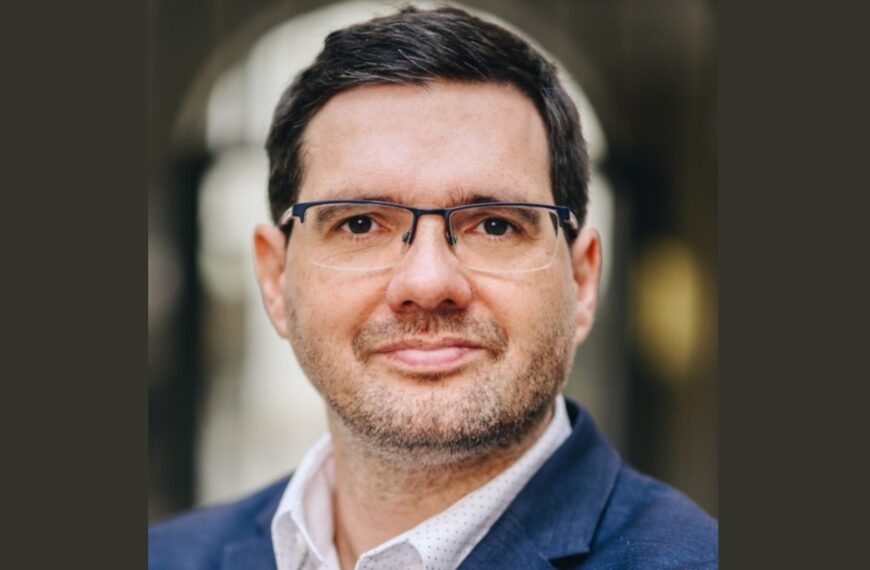Joshua, you recently transitioned from a U.S. Army career to the private sector. Tell us a little more about what first drew you to digital forensics.
I got started in digital forensics in 2007, while working as a Special Agent with the U.S. Army Criminal Investigation Division. I was able to attend training at the Defense Cyber Investigations Training Academy (DCITA), and was instantly drawn to the field. Once I was certified through the DoD I got to work, and found digital forensics to be very rewarding. I felt I was able to contribute to seeking the truth, that my work was making a difference.
You’re the recipient of a Bronze Star. What can you tell us about what led to this decoration?
I was part of the invasion of Iraq in 2003, what became known as Operation Iraqi Freedom. It was a very interesting time, I was part of a Military Police team tasked with protecting the overall ground commander of the invasion. We spent the period of March and April slowly moving north through the country of Iraq. There were no “front lines” so we found ourselves getting into some dicey situations from time to time.
What led you to Oxygen Forensics to begin this next chapter of your life and career?
I attended the Oxygen Forensics Boot Camp in 2020. It was actually the last in-person class Oxygen conducted prior to COVID, and was taught by Keith Lockhart. It was a great learning experience and I was able to take that knowledge and apply it. I was deployed to Afghanistan conducting digital forensics and was immediately able to apply what I learned and leverage the tool to enhance investigations. I was able to reach back to Keith who provided technical advice for the tool and helped me greatly. When I returned from overseas I was looking for a change of pace, and fortunately Oxygen had an opening. It was very easy for me to get behind the tool and support it, I have seen it work, I believe in it.
After so many years conducting digital forensics examinations, what appealed to you about training? How does all your experience inform your training?
I was fortunate enough during my career to work a wide a variety of cases from criminal to counter terrorism. I also have several years as a Special Agent working cases so I feel I have a good mix of experience, I can relate to what the investigators/students in class are looking for to resolve their cases. While in the Army I never served as an instructor but I always enjoyed teaching others, especially forensics.
Tell us about what a typical day looks like for you.
When I’m not instructing, I am typically testing features in the tool. I am currently testing Discord and comparing the artifacts that come off mobile/cloud/PC. I am also doing some drone testing, including teardown, flights, and the recovery of that data.
What do you see as the biggest emerging challenges for digital forensics examiners, and how is Oxygen addressing them through its training?
I think the biggest challenges examiners face today are data in the cloud and also drones. More and more of the data we are looking for is living in the “cloud”, and not on the actual device. Oxygen has a great built in cloud extractor that covers a ton of services. These cloud services are growing everyday and the forensic industry has to keep up with these. We cover the cloud extractor and it features in great detail in the Boot Camp class. Commercial drone technology is growing by leaps and bounds and I think the DFIR community has been slow to catch up in this field. I am currently refining and updating our Oxygen Forensics Drone Analysis, which has become my pet project.
What one piece of career advice do you have for people looking to transition from the military to the private sector, and/or into digital forensics?
I consider myself lucky because digital forensics was a part of my military duties and It wasn’t difficult to get involved in the discipline. There are a lot of programs available to service members which could help them transition. One of those is the Career Skills Program (CSP). The CSP allows service members to spend up to 6 months as an intern in industry prior to them getting out of the military. It’s a great program, it’s free but I think it’s highly under used which is a shame.
What do you enjoy doing in your spare time?
Spending time with my family, flying drones and fishing.








